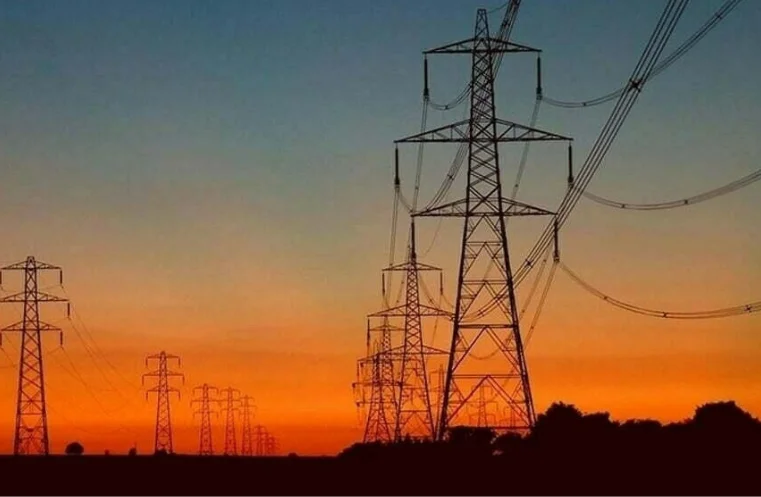Islamabad, Jan 13: Electricity distribution companies (DISCOs) continue to be a significant contributor to Pakistan’s escalating circular debt, which has reached an alarming Rs. 2.467 trillion.
Each year, inefficiencies and systemic flaws in the power sector add over Rs. 600 billion to this financial burden, hindering the country economic stability.
Despite claims of a 92.44% recovery rate, the situation is far from promising. DISCOs rely heavily on overbilling practices, recovering 10-15% of billed electricity through inflated charges.
However, these inflated recovery rates mask the actual losses that plague the system.
Since 2021, pending bills from private and public sector consumers have surged by a staggering 69.64%, now totaling Rs. 2.017 trillion. Among these, politically connected and industrial defaulters owe Rs. 1.094 trillion—a sharp rise from Rs. 900.82 billion just a year earlier.
Profit-generating companies such as IESCO, GEPCO, LESCO, and MEPCO are being forced to shoulder the burden of loss-making DISCOs through cross-subsidies amounting to Rs. 125.78 billion. Despite this significant redistribution of resources, no effective strategies have been implemented to address the inefficiencies that perpetuate these losses.
61% of Pakistani Businesses Identify Data Protection as Key IT Security Concern
Transmission and distribution inefficiencies remain a persistent issue. During FY24, losses exceeding regulatory allowances cost the sector Rs. 276.35 billion. Coupled with the shortfall in billed amount recoveries, which added Rs. 314.506 billion, these factors have further exacerbated the circular debt crisis.
The root causes of this financial quagmire include poor governance, lack of accountability, and minimal enforcement against influential defaulters.
Moreover, the absence of technological advancements and infrastructure upgrades has made it difficult to curb transmission losses.
To reverse this downward spiral, systemic reforms are urgently needed. Streamlining billing mechanisms, penalizing defaulters regardless of influence, and investing in modernized infrastructure could significantly reduce inefficiencies.
Additionally, enhancing transparency and empowering profit-making DISCOs to retain their revenues could ease the strain on the sector.
If left unchecked, the mounting circular debt threatens to destabilize Pakistan’s already fragile energy sector. The focus must shift toward sustainable reforms and accountability to prevent this issue from derailing the country’s economic growth.
